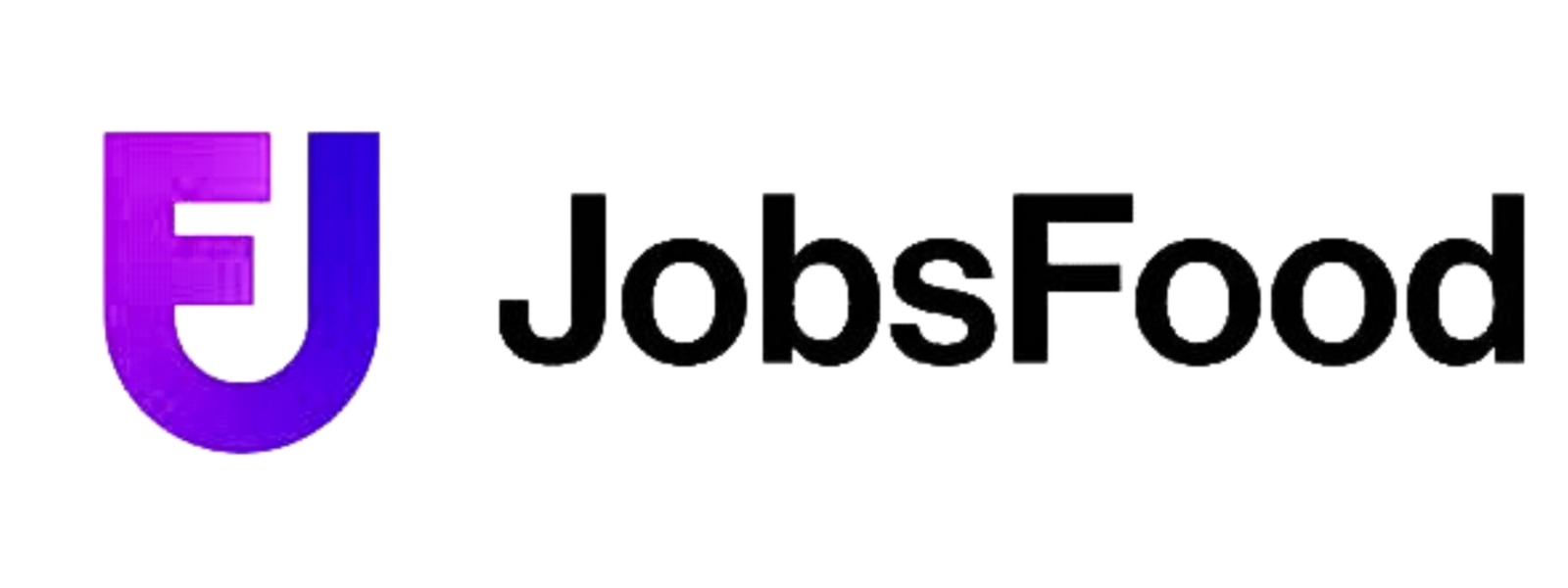[ad_1]
A company whose founding dates as far back as the original 13 states and Martha Washington’s handwritten apple pie recipe has been named winner of the prestigious 2022 Food Quality & Safety award for small businesses.
The award, presented annually by Food Quality & Safety, honors the dedication and achievement of organizations that make significant contributions to upholding the highest food standards supported by quantifiable results. This year, our judging panel deemed that King Arthur Baking Company, born in 1790 in Boston but now headquartered in Norwich, Vt., distinguished itself from other businesses in the category with its investment in technology and a strong food safety culture.
The company’s food safety culture, which is backed by a distinctive model of employee ownership, is so strong that the company almost doesn’t have to wait for an outside audit to identify areas of improvement, says Robin Beane, senior director of manufacturing, quality, regulatory, and safety for the company. “From the group of people who manufacture the products to the people on the front line, they have a keen eye toward anything that is out of place,” she says. “They’re always raising their hand that they saw something in a raw ingredient or a piece of fiber from a bag that shouldn’t be there. They pay very close attention to the quality and safety of our products.”
Learning from Each Other
Beane says the company uses external experts and a highly trained quality team, in addition to employees who are well trained in quality, to train its employees. She herself is also a food safety instructor who teaches a Hazard Analysis and Critical Control Points (HACCP) course from the International HACCP Alliance (IHA).
The company teaches the IHA HACCP course internally to a diverse group of employees using its own products and examples to increase the understanding of HACCP principles and food safety within the company. More than 50 employees at all levels of the company have passed the IHA course. All employee training is documented, implemented, and includes annual refresher courses. Beane says the quality assurance team is already highly qualified through its members’ many years of experience in the food industry and educational backgrounds that include microbiology, nutrition, and culinary arts.
IHA HACCP training includes developing, maintaining, and monitoring food safety plans and setting corrective action procedures and critical control points. It also includes personal hygiene for handling food products and food contact surfaces. Employees are taught good manufacturing practices and are instructed on food handling, food processing and equipment, sampling and test methods for raw materials, packaging, work-in-progress and finished products, allergen management, and environmental monitoring. They also are taught how to detect food fraud, which Beane says is a growing problem, especially in the face of supply chain disruptions. The facility is also Safe Quality Foods (SQF) certified, which includes an additional training component and meets FDA training requirements for a preventive controls qualified individual (PCQI).
The annual training program is presented in three separate sessions so employees can acquire a thorough education and have time to discuss what they learned with each other. Beane says that this approach has increased understanding of the company’s policies, programs, sanitation, and other operating procedures among employees.
The company says the training empowers each employee to “own food quality and safety every day” as they produce products. Through key performance indicators, King Arthur has seen a reduction of scrap, a significant increase of first-time-right metrics, and other improvements. Before developing the comprehensive training program, the company says, there was too much costly scrapped raw materials, and with increased training and tracking through KPI metrics, a reduction in waste has been realized.
There are also single-topic trainings on corrective action, preventative action, and cross trainings of employees to improve and expand employee knowledge. Personnel also receive annual performance reviews to verify comprehension and retention of training content.
Innovations and Food Safety Investments
The company has implemented a few software systems in the past year or so, one of which allows it to stay in contact with and closely monitor suppliers so that employees can get information in a timely manner and make sure that the raw materials it receives are safe.
The supplier management software provides a digital document and ingredient data management platform so King Arthur can review all approved supplier documents before they expire and remain compliant with Food Safety and Modernization Act (FSMA) regulations. The company uses the platform to create a report card and identify trends in performance, quality, or safety. It can put suppliers on hold or even inactivate them if there is a problem and there are no improvements.
King Arthur also procured a productivity and quality software system that helps it reduce paper waste. The system lets the company perform and track quality checks in real time and creates data for statistical process control. The program can deliver in-process triggers such as warn, fail, or pass at strategic quality points during production. Every record can be reviewed while production continues, and a line or process can be audited without disrupting production. A PCQI conducts a final review to meet FSMA requirements.
The company has also invested in a water moisture meter for its raw material certificate of analysis verification, which ensures its raw materials meet specifications when they arrive at its warehouse. A new colorimeter measures the color of flours to ensure consistent milling. The company has increased the number of ATP units in the factory to verify that sanitation requirements are met.
Even smaller investments make a difference in product quality. King Arthur has invested in gram scales to improve accuracy, as well as better lighting in multiple areas to make inspecting lines for quality and sanitation easier. It has added an additional metal detector to help reduce foreign objects, such as a piece of a conveyor belt, that may inadvertently get into a raw material. It has automated the capping process on its jar line and added a fume arm in its batching area to reduce airborne particles.
Vigilance about safety is especially important as the food industry faces more recalls, war that impacts availability, and food fraud, says Beane, adding that every company needs to be aware of these attacks on the food supply and make choices on new and evolving technologies that provide the tools to combat these challenges.
This year, the company plans to make additional investments, Beane says, including new blenders, conveyor systems, and new printers to help code products for traceability efforts.
Food Safety Plan with Multiple Inputs
King Arthur makes every effort to assure its food safety plan is complete. Beane says that the company brings together employees from different parts of the company to review the plan to ensure nothing is missing. That includes workers from quality assurance, purchasing, warehouse, research and development, manufacturing, shipping and receiving, and retail.
The hazards the company monitors include pathogenic microorganisms that can cause illness, food allergens or production chemicals, and foreign objects that might cause injury or choking. Flour might be thought of as a dry product, but it is a raw agricultural product in which Salmonella and E. coli can thrive. It is important to watch for rodents and flour beetles and, in the summer, flies or mosquitoes, which could come in through door openings. The company makes sure there are no bushes or grass around the perimeter where such insects or vermin could hide.
The company has developed a hazard analysis risk-based preventive controls food safety plan that conforms to the 12 steps in the Codex Alimentarius Commission’s HACCP guidelines, the current version of the SQF code, and FSMA. King Arthur’s PCQI, system quality manager, food safety regulatory manager, and senior director of quality and regulatory developed the plan and collectively oversee and maintain it.
Several food safety plans are in place to cover all products manufactured at the Vermont facility.
Each food safety plan reflects preventative controls and HACCP principles and includes procedures to monitor and implement preventive controls for all identified hazards. Controls include corrective actions and verification procedures. The company has descriptions for all finished products, as well as information relevant to product safety, such as pH, water activity, composition, and storage conditions.
Beane says that the company has a robust audit program in place both for its suppliers and in-house operations. The responsibility and procedures to select, evaluate, approve, and monitor a supplier are handled by a cross-functional internal team comprising research and development, quality, regulatory, purchasing, and finance functions. The company uses a detailed supplier questionnaire at on-site supplier audits. It has supplier management software for all approved suppliers, audits, and required documents that are reviewed annually.
The company has trained its internal auditors, who are members of its quality team. They conduct regular inspections of the site and equipment to meet SQF certification requirements.
Environmental Impact
As early as 2007, the company began monitoring its environmental impact and, in 2019, appointed a vice president of sustainability. The company is a B Corp, or benefit corporation, meaning it meets certain standards of social and environmental performance, accountability, and transparency. It partners with farmers and suppliers to encourage environmentally and socially responsible practices in line with its centuries-old stewardship heritage. “I ask those tough questions and gather the resources to answer them,” says Suzanne McDowell, vice president of corporate responsibility and sustainability at King Arthur. “This work pushes us to confront the challenges and dream more significantly about the positive impact we can make on our environment.”
McDowell wants to help create a more resilient, equitable, and ecologically sound future, starting with wheat, where decisions have the greatest impact, she adds.
Beane says that the employee–owners feel a sense of being part of the bigger picture as well in doing their part to assure their products are safe, sustainable, and of high quality. “We think of ourselves as bakers,” she says. “We are very good customers of our own products, and our families use our products.”
We think this speaks volumes about a company that has proven itself to be a cut above.
[ad_2]
Source link











